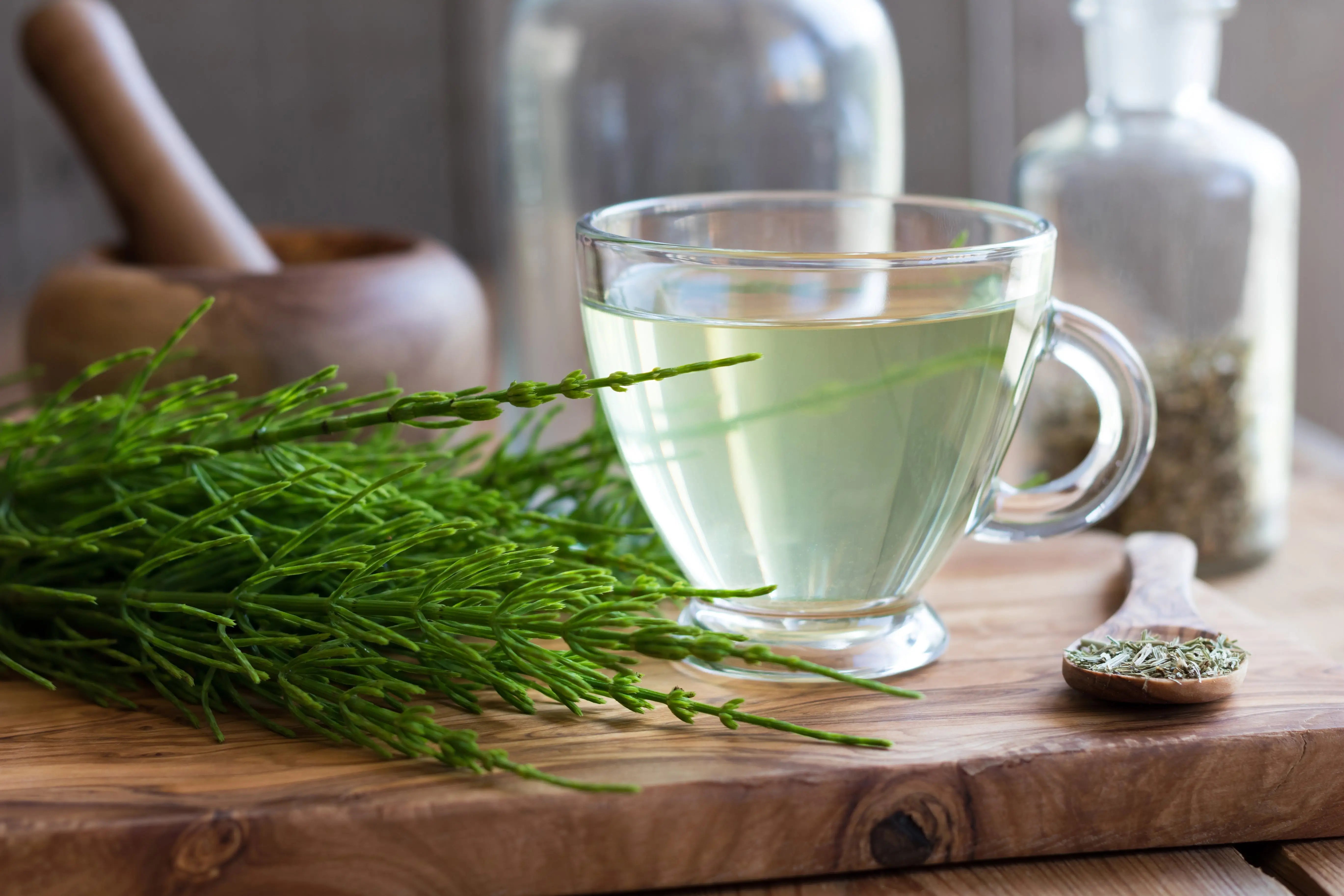What is a Diuretic?
A diuretic is a substance that stimulates your kidneys to release excess water and sodium through the process of urination. Diuretics are used to treat conditions such as heart failure, liver cirrhosis, hypertension, influenza, water poisoning, and certain kidney diseases.
While naturally derived diuretics, such as herbal extracts, aren't necessarily as potent as medically prescribed water pills, they still contain properties that can be effective in performing the same actions. Some foods and drinks can also act as natural diuretics.
Swelling caused by excess fluid retention in the body's tissues, known as edema, can be treated with diuretics. However, the body's levels of other essential minerals, such as magnesium, could be altered as a side effect; always consult your doctor.

Diuretic Cheatsheet
Types of diuretics:
- Thiazide: Taken to decrease blood pressure, remove excess fluid, and relax blood vessels
- Loop: Used for pulmonary edema, high blood pressure, kidney problems, and heart failure
- Potassium-sparing: Do not reduce blood pressure, but can prevent loss of potassium
Uses for diuretics:
- Relieving blood pressure
- Relieving hypertension
- Detoxifying the system

Natural Diuretics
- Nigella sativa: Reduces sodium and potassium levels
- Hibiscus, Juniper: Prevents the loss of potassium
- Alcohol, Caffeine, Parsley: Increases urine output
- Dandelion, Ginger: Detoxifies the system
- Hawthorn: Reduces fluid buildup
Some herbs, such as Horsetail, have been shown through clinical studies to perform the same diuretic effects as prescription medications, with fewer side effects. However, more evidence is needed to assess the effectiveness of natural remedies for severe medical conditions.
Herbal diuretics may still cause side effects or other adverse reactions if taken in excess, or you may have a potential allergic reaction to them; always consult a medical professional before prolonged use of any supplement to treat any condition.
Natural remedies may be effective in the treatment of various ailments, but you should always consult with your doctor first. If you suspect you may have a health condition or require medical attention, please contact your healthcare provider right away.




Share:
Learn the Terms: Antispasmodic
Learn the Terms: Ginsenosides